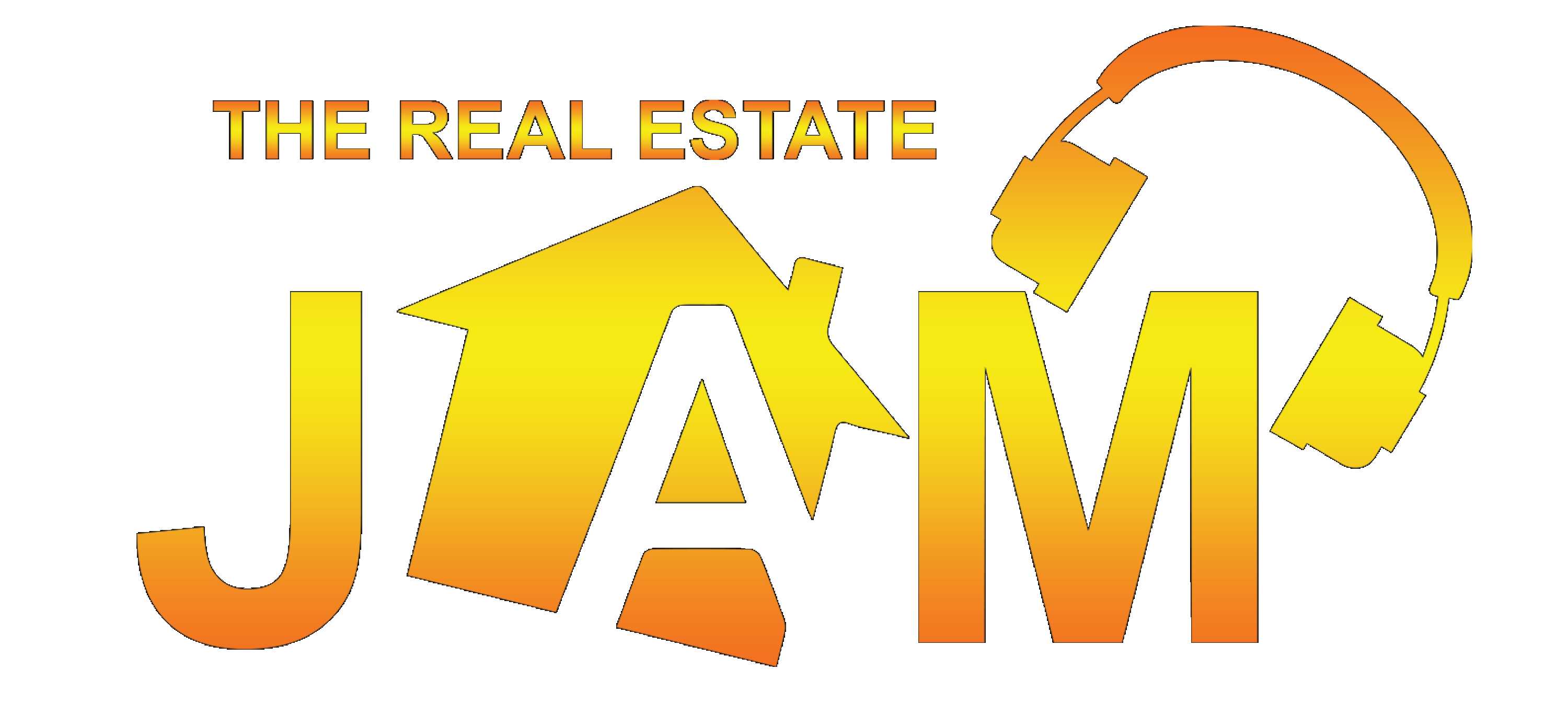Do you intend to buy a new house? Or are you a first-time real estate investor looking to make your first acquisition? If you’re ready to take the plunge, one of the first things you should do is apply for a mortgage loan.
When applying for a loan, there are many factors to consider, one of which is the type of loan that best suits your financial capabilities. If you’re not sure which type of loan to apply for, read our article about the various types of mortgage loans. When you’ve decided which loan you want to pursue, it’s time for you to get organized! Continue reading, and we’ll walk you through the things you’ll need to do.
The points below are from the 20th episode of the Real Estate JAM, where expert mortgage loan advisor for Acopia, Kayla Sweeny, explains how to prepare for a loan application, the various types of loans available in the market, and even some nontraditional options, and why you should consider lenders rather than traditional banks. You can listen to it on YouTube, Spotify, or Apple Podcasts if you want to learn more about the ins and outs of mortgage lending.
Getting Your Ducks in a Row
It’s a good idea to get a head start in organizing your financial records if you’re planning to apply for a mortgage loan. Having all of your paperwork ready during the application process will save you time, reduce stress, and increase your chances of getting your home loan accepted. The following is a list of documents and requirements that you need to prepare.
- Social Security Card – If you don’t know where to find yours, now is the time to start searching! Kayla mentioned how frequently borrowers are unable to present their Social Security cards, which is a red flag that you aren’t on top of your game. To conduct a credit check and view your credit score, lenders will need your Social Security Number (SSN), which is indicated in your Social Security Card. When it comes to determining your financial health and loan eligibility, lenders will look first at your credit score.
- Bank Statements – Mortgage lenders will examine your bank statements when evaluating your risk profile. Lenders generally request these documents to ensure that you have a sufficient fund in your account in the event of an emergency. They’ll also examine whether your down payment has been in your account for a while and did not just come out of nowhere.
- Tax Returns – In order to get a thorough picture of your financial condition, lenders will request your tax return documents from the past two years. This will essentially assess whether or not your annual income corresponds to your declared earnings.
- W-2, Pay Stubs, Proof of Income – Pay stubs and W-2s are used by lenders to validate your declared earnings. If you’re self-employed or have other sources of income, your lender may require you to give additional proof of income, such as a form 1099 for non-employment income.
- Other Documents – Kayla also mentions other documents that might affect your loan such as your divorce decree if you got divorced, a child support agreement if you’re not married but do have a dependent, and retirement statements if you’re on a fixed income.
Keep all of your important documents in one place, either printed or saved on your computer or an external hard drive, and make sure to keep them up to date. You’ll save yourself a lot of time by doing so, and you’ll also demonstrate that you’re deserving of the loan approval.
Are you ready for your home loan application?
If you want to learn more about mortgage lending from Kayla, check out the full episode on YouTube, Spotify, or Apple Podcasts.
Outline of the Episode:
- [01:45] Why Kayla doesn’t discriminate on loan applicants
- [03:51] The challenge in finding a mortgage lender that is open to nontraditional investors
- [05:20] How Kayla became a certified mortgage lender in five states!
- [06:58] What investors should know about the real estate market in Florida. You should take note of this!
- [10:27] Alternative lending programs for nontraditional borrowers or investors
- [14:14] What documents should you prepare when planning to get a loan? Get organized!
- [19:46] How to know if you’re qualified for a loan?
- [21:43] Brokered products versus in-house products, what’s the difference?
- [25:14] A different way to move your money around and bring in new loans
- [27:05] Why choose lenders instead of regular banks?
- [31:49] The biggest instruction every investor should know before getting a loan
Resources Mentioned in the Episode:
- Acopia Home Loans: http://www.acopiahomeloans.com
- Kayla Sweeny’s Cell phone #: 770-731-9297
- Kayla Sweeny’s Email: ksweeny@myacopia.com
Connect with JD, Annabel, and Melissa!

Recent Comments